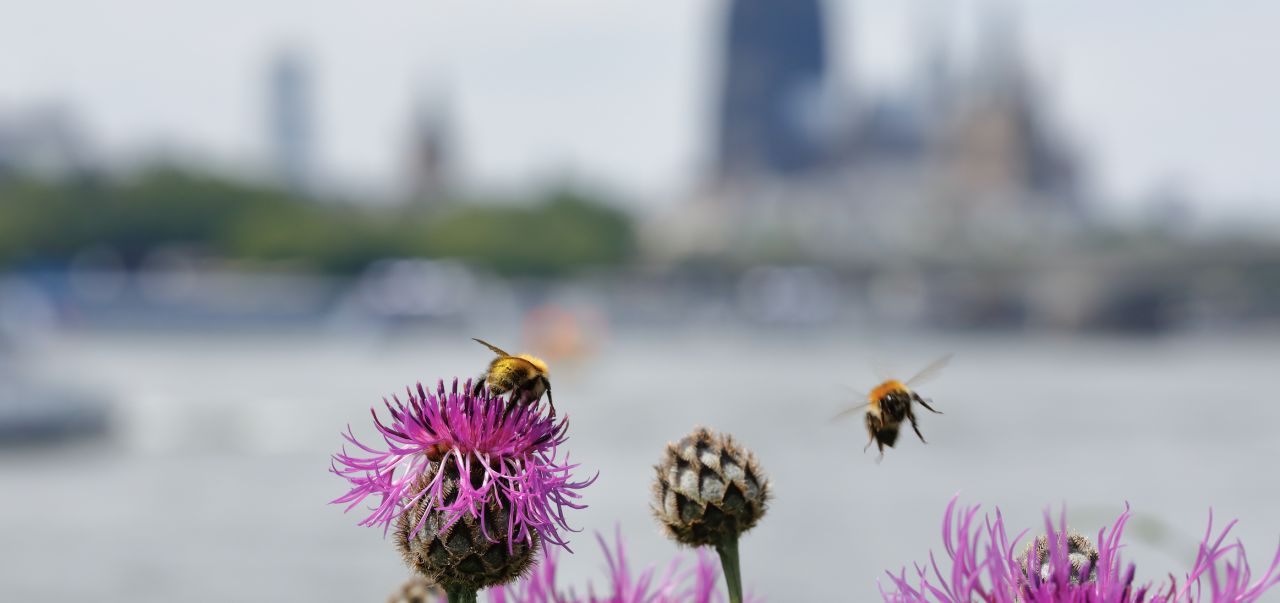
When it comes to bees and cities, there's plenty of food for thought! Read more about BeePathNet's latest tools and updates.
Bees are among the most important pollinators in our ecosystem. According to the United Nations Food and Agriculture Organisation’s report ‘Why bees matter?’, three out of four crops that are intended for human use across the globe, depend somehow on pollinators. As a matter of fact, pollinators affect 35% of the global agricultural land. In URBACT’s transfer cities is no different.
Sadly, due to changing environmental conditions with habitat loss and invasive species, the climate emergency and the use of pesticides, according to the European Commission European Red List bees are endangered. Agriculture and, more broadly, food systems contribute to a large part of the greenhouse gases’ emission. They are a primary cause of environmental degradation and have an undeniable impact in socio-economic and health inequalities. The conventional way we produce, distribute, transform, transport and consume food is both a weakness and leverage for climate action.
Cities are crucial drivers for cultural, social and economic change, it is also estimated that 70% of the world’s food is consumed in urban areas. Ljubljana’s (Slovenia) efforts, as an URBACT Good Practice and throughout both editions of the BeePathNet Transfer Network as a leading city, are living proof of what can be achieved at local level, as well at a European scale. The BeePathNet city partners bear witness to what bees can bring in terms of supporting local businesses, educating children, creating thriving communities and pushing for more green ways to produce and consume food.
In this regard, URBACT has an extensive menu of different projects, networks and other initiatives ranging from bees to urban gardens and even school canteens. Thanks to URBACT, over 60 cities have taken the lead towards more sustainable local food ecosystems. The programme has partnered up with Eurocities, the Milan Urban Food Policy Pact, IPES-Food, Nourish Scotland and ICLEI – Local Governments for Sustainability. It has also provided policy and dissemination support for the Glasgow Food Declaration and UnPlusBio’s food exception in the public procurement opinion article.
Gathered under the URBACT Knowledge Hub activities, all content mentioned above is available to a wider audience. A special focus is given to 10 key ingredients for change: strategic policy-making, production, transformation, distribution, jobs and skills, solidarity, community-building, marketing and branding, circular food education and awareness-raising. Likewise, the present “pocket” guide is an enriching resource to foster knowledge and share practices with the civil society, city practitioners and elected representatives over the EU and beyond. Together with all projects partners, the city of Ljubljana is driving change for better cities by leading the way to a new movement.
Keep the buzz going and find all about the Bee Path Cities movement!

Bee Path Cities - a network of urban authorities that are good for pollinators and, therefore, good for people

